Category : Pakistan
Sep 24, 2020 | Announcements, In Region, News, Pakistan, Students
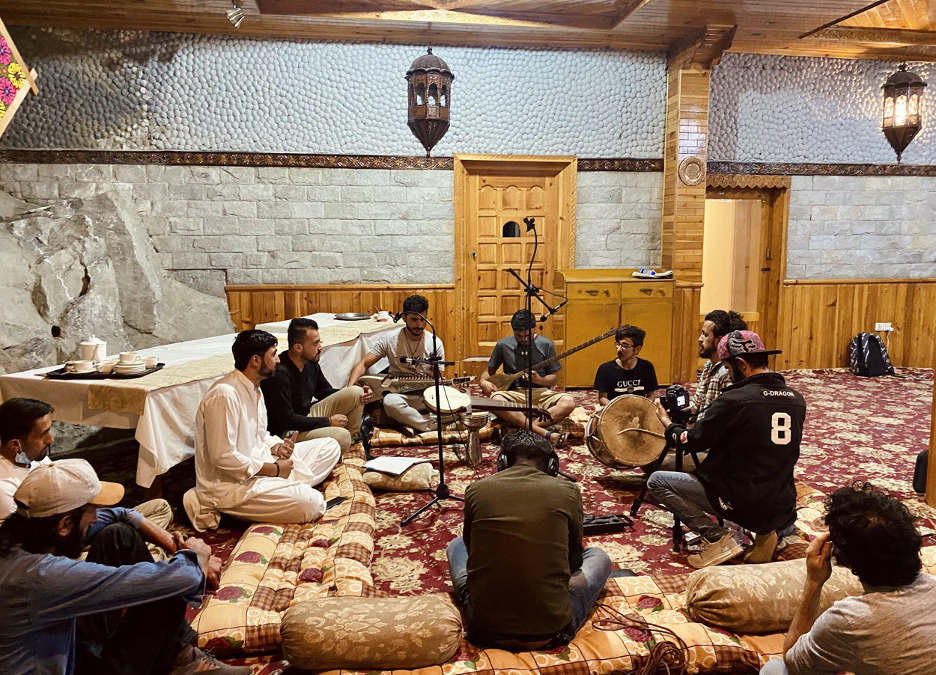
By Nosher Ali Khan. Hunza is a valley located amongst the mighty mountains of the Karakoram in Pakistan. Amidst its rich history, ancient shamanistic traditions, and recent Islamic influence, poetry and music have always been an essential part of Hunzukutz’s (people of Hunza) identity. As a Hunzukutz myself, I was always aware and fascinated by the enormous influence our music has in our daily life and how it shapes our identity. To document the local music and enhance my understanding of the subject, I worked with the Mittal Institute to create a web-series of local folk music.
Sep 10, 2020 | Announcements, Community, In Region, News, Pakistan
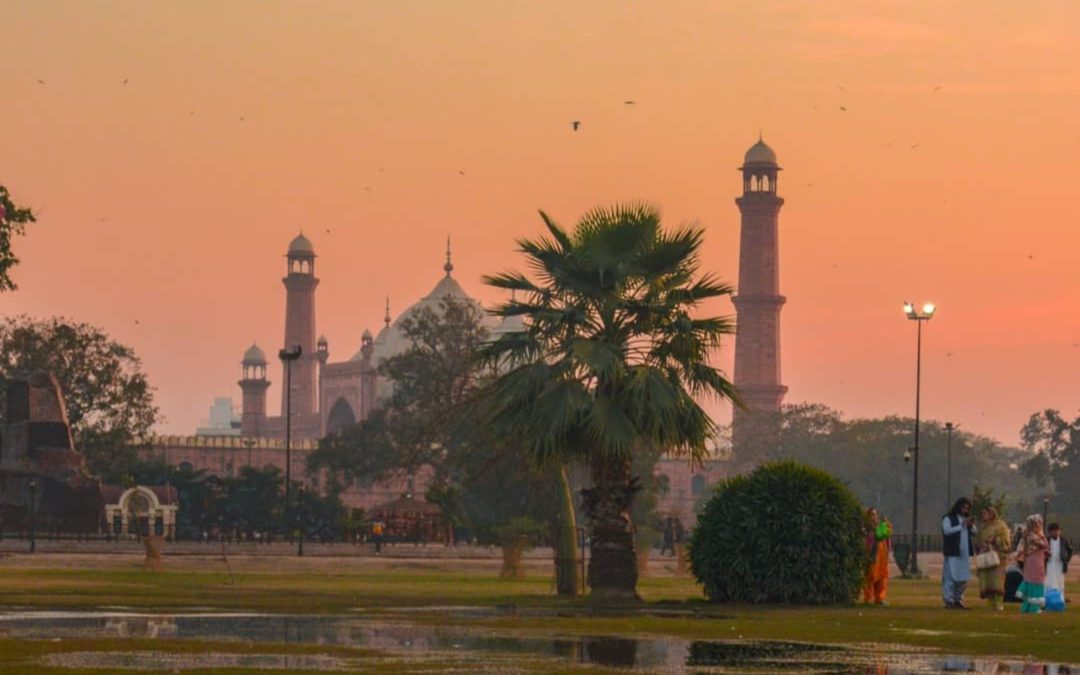
In our latest India In-Focus podcast created with the Times of India, Shubhangi Bhadada, Mittal Institute Research Fellow, and Nadhra Khan, Associate Professor at the School of Humanities and Social Sciences of Lahore University of Management Sciences, discuss the pre-Partition architecture of Lahore, how it has been forgotten or ignored, and the importance of remembering such buildings.
Sep 9, 2020 | Announcements, In Region, News, Pakistan

By Burhan Rasool, Member, Prime Minister’s Task Force on Austerity & Restructuring Government and General Manager, Punjab IT Board; and Ammar Malik, Director of EPoD Research, Harvard Kennedy School One of the natural and obvious outcomes of adopting IT in any...
Jul 14, 2020 | Announcements, Bangladesh, Faculty, Fellows, India, News, Pakistan, Partition

“There is nothing as epochal as the cataclysmic event that was visited upon the people of South Asia when decolonization occurred and the British withdrew during the dismantling of the British empire. That forced event — that trauma — continues to shape the lives of two billion of the world’s seven billion people today,” says Professor Tarun Khanna, Jorge Paulo Lemann Professor at the Harvard Business School and Director of the Mittal Institute. Despite the abundant historical and political scholarship on the Partition of British India in 1947, there are still gaps in our understanding of the event — and the Mittal Institute’s research team set out to change that.
Mar 26, 2020 | Announcements, Community, In Region, India, Nepal, News, Pakistan
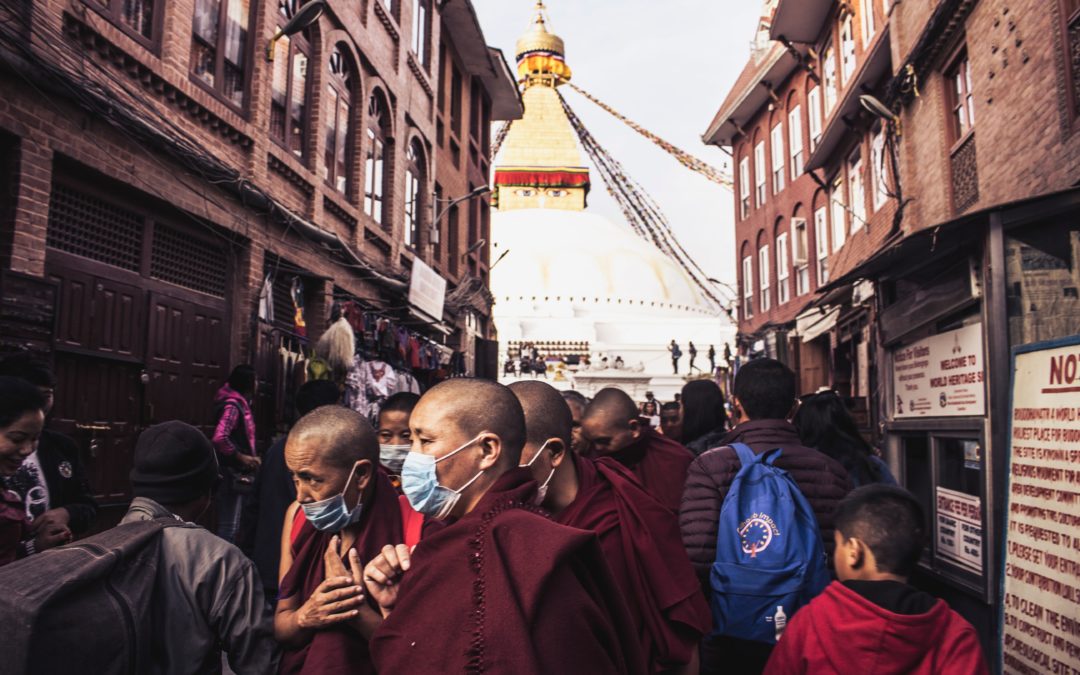
The COVID-19 pandemic has impacted the entire globe, requiring quick action from governments and the populace to stem the flow of transmission. With many in quarantine or lockdown, the pandemic has changed the daily way of life for many around the world. This week, we spoke with members of the Mittal Institute team in India, Nepal, and Pakistan to get a firsthand look into the situation on the ground in South Asia, from recent governmental guidance and regulations to the response of the population and how it will impact society.
Mar 23, 2020 | Announcements, Arts Program, Fellows, In Region, News, Pakistan
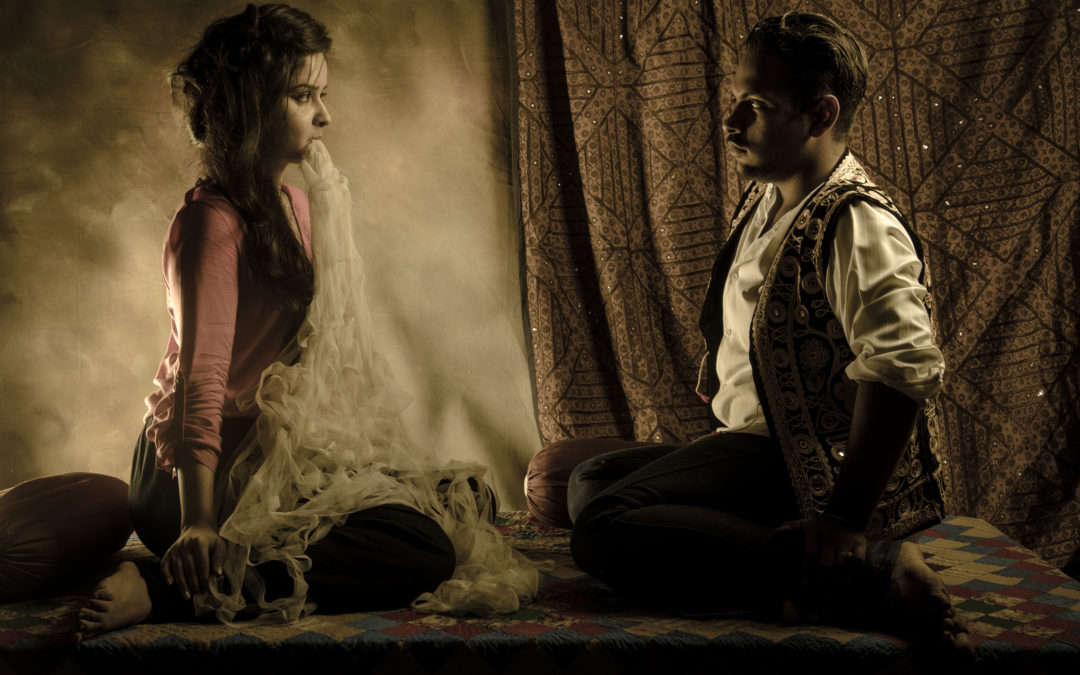
Numair Abbasi, a mixed media artist from Pakistan, recently joined the Mittal Institute in the latest group of Visiting Artist Fellows. Numair’s practice draws on popular culture, anecdotes, and colloquialisms to stage personal and social narratives in attempts to challenge the politics behind how gender is socially constructed and performed.
Feb 13, 2020 | Announcements, In Region, News, Pakistan
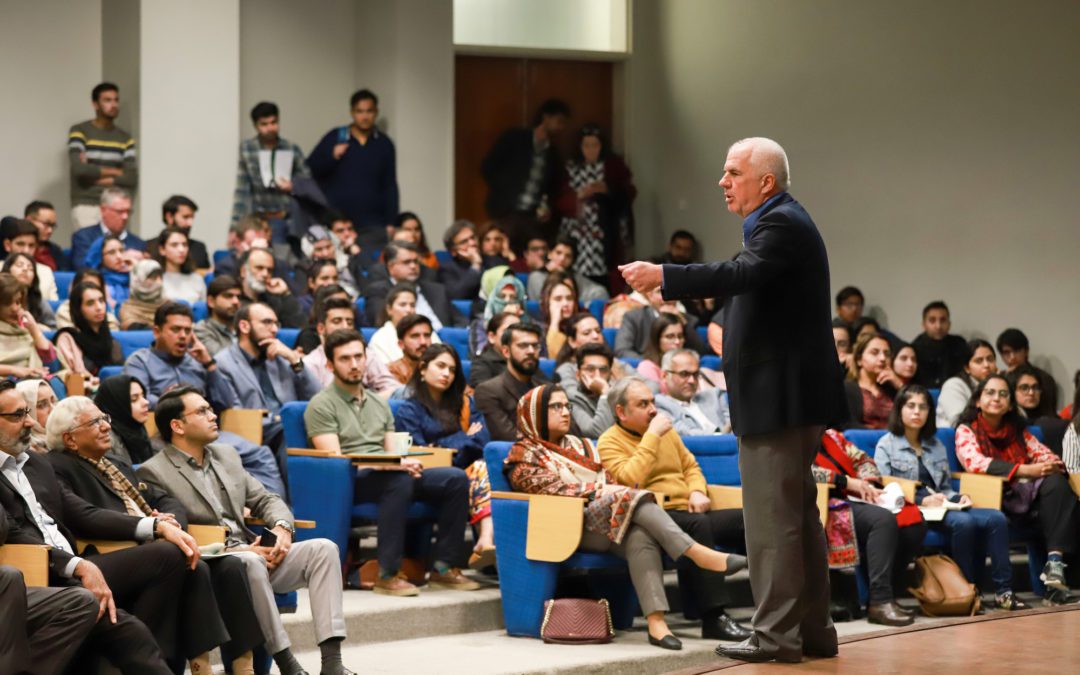
Last week, the LUMS Syed Ahsan Ali & Syed Maratib School of Education (SOE) in Lahore, Pakistan hosted a talk with development economist Lant Pritchett, entitled “The Global Learning Crisis: What We Do Know, What We Don’t.” Pritchett is an Associate at the Building State Capability Program at Harvard’s Center for International Development, and the RISE Research Director at the Blavatnik School of Government, University of Oxford.
Jan 30, 2020 | Announcements, Community, In Region, News, Pakistan

From its cultural zenith in the days of Akbar, Lahore has remained a major center of knowledge and creativity in South Asia. As a free-spirited city that was home to the Mayo School — among other great institutions of knowledge — Lahore fed the imaginations of artists, poets, and writers, from B.C. Sanyal, Amrita Shergil, and Chughtai, to Faiz, Manto, and Khushwant Singh. But in the decades following Ayub’s martial law, as the space for arts and humanities diminished in Pakistan’s public discourse, so too did Lahore’s claim of being a vibrant cultural capital.
Oct 23, 2019 | Announcements, News, Pakistan

In the north of Pakistan lies Gilgit-Baltistan, a Shia-majority region of Sunni-dominated Pakistan, and a contested border area that forms part of disputed Kashmir. Though typically seen as an idyllic paradise, many overlook how the region is governed as a suspect security zone. We spoke with Nosheen Ali, author of Delusional States: Feeling Rule and Development in Pakistan’s Northern Frontier, to learn more about the region of Gilgit-Baltistan, its people, and the challenges they face. Ali will speak at the Mittal Institute’s upcoming seminar on Friday, October 25, alongside Professor Ali Asani, Professor of Indo-Muslim Religion and Cultures at Harvard University.
Jul 11, 2019 | Announcements, In Region, News, Pakistan
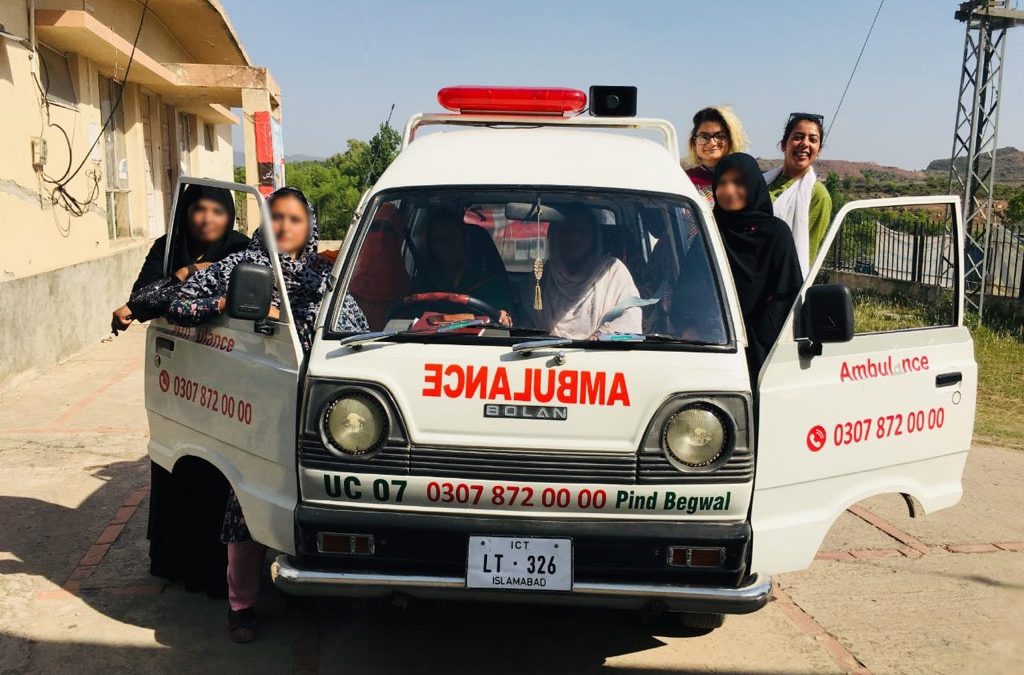
The rural community of Pind Begwal, Pakistan, lies just 20 miles from the capital city of Islamabad. But throughout the community, medical infrastructure remains limited, only assuaged by a small, dilapidated health center that suffers from regular doctor absenteeism. Last year, a team by the name of Saving 9 participated in the Mittal Institute’s Seed for Change competition, earning a grant to help launch their Community Aid and Response in Emergencies (CARE) project in Pind Begwal. In September 2018, the team launched the program, their goal to create a robust system that would provide emergency medical treatment to a community that has limited access to healthcare.
May 31, 2019 | Announcements, Associates, Fellows, In Region, News, Pakistan
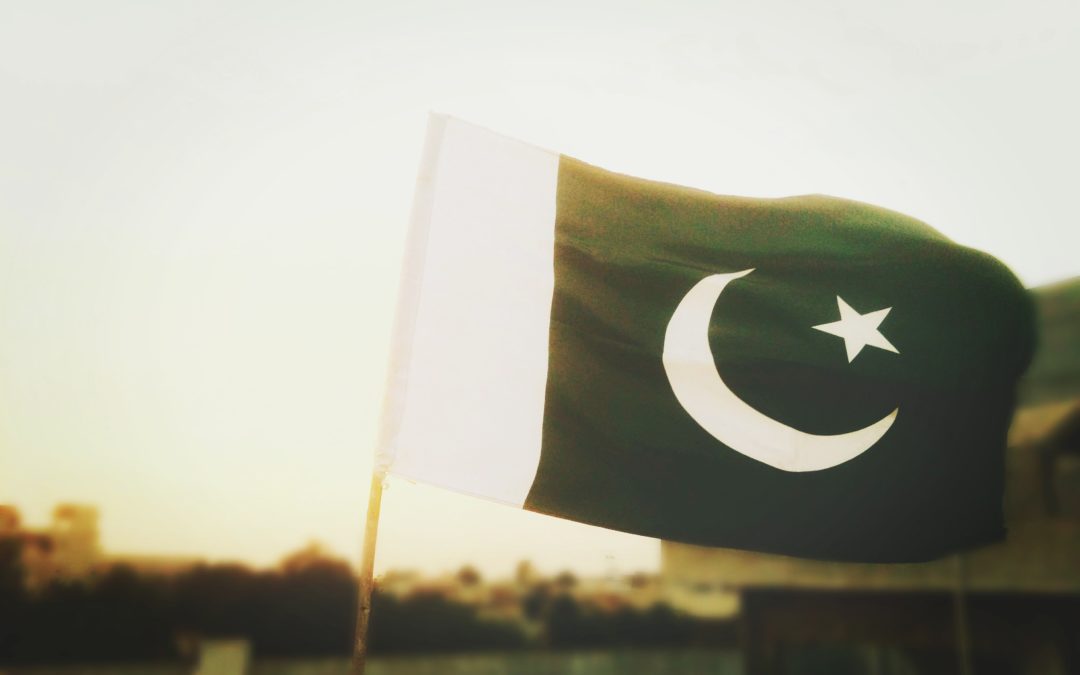
In a recent paper, Professor Ian Talbot, a 2018 Mittal Institute Visiting Fellow and Professor at the University of Southampton, delved into the precarious politics of Pakistan’s formative years in the 1950s. Below is an excerpt from the paper; click the link within this post to view the paper in its entirety.
Apr 18, 2019 | Announcements, News, Pakistan

Sarah Khan, a Postgraduate Associate at Yale MacMillan Center, recently visited Harvard to discuss her team’s field experiment in Lahore during the 2018 Pakistan General Elections and their work to understand the gender gap in voter turnout in Pakistan. “The question that we’re interested in as it pertains to Pakistan is: what explains — and relatedly — how can we close the large and persistent gender gap in voter turnout in Pakistan?” Khan asked.












